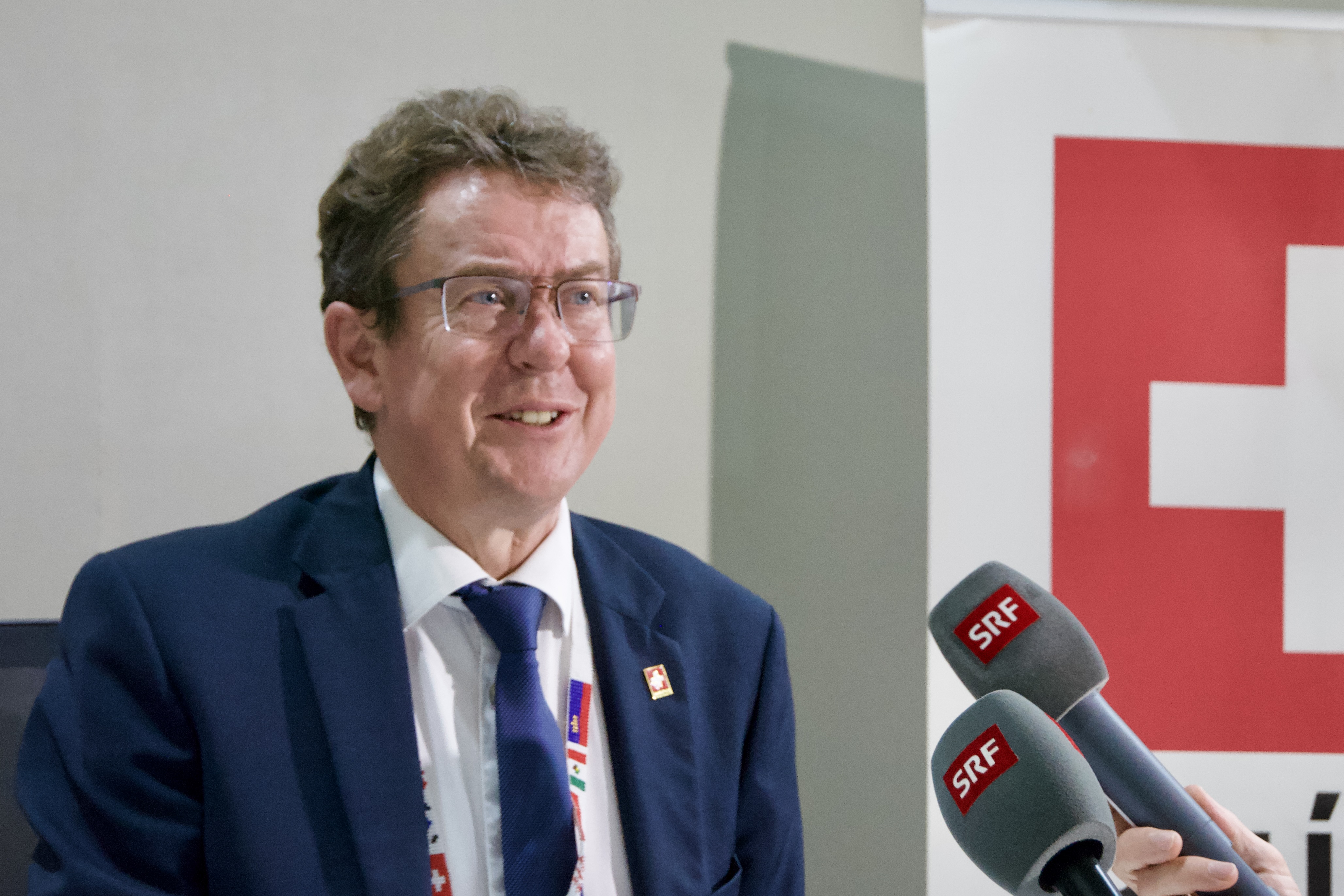
Solidarity in Switzerland despite crises in 2023

The crises in 2023 mobilised the willingness to donate in Switzerland despite the increasing pressure on purchasing power. However, this was at the expense of other donation needs.
One example of this was the Telethon Foundation, which is dedicated to supporting people with rare genetic diseases. It recorded a 30% drop in donations in 2022 and fears that this trend will continue in 2023 due to the crises, as it announced at the beginning of December.
+Swiss salary illusion: precarious cost of living sets off alarm bells
In view of inflation, rising health insurance premiums and rents, donors are taking a closer look at what they donate to. And they are apparently doing this more for crisis and emergency situations than for other causes. Caritas, Swiss Solidarity and the Swiss Red Cross, for example, even recorded record figures for aid to Ukraine in 2022.
Meanwhile, the decline in donations for long-term development cooperation is worrying the sector.

How we work
This news story has been written and carefully fact-checked by an external editorial team. At SWI swissinfo.ch we select the most relevant news for an international audience and use automatic translation tools such as DeepL to translate it into English. Providing you with automatically translated news gives us the time to write more in-depth articles. You can find them here.
If you want to know more about how we work, have a look here, and if you have feedback on this news story please write to english@swissinfo.ch.

In compliance with the JTI standards
More: SWI swissinfo.ch certified by the Journalism Trust Initiative



























You can find an overview of ongoing debates with our journalists here . Please join us!
If you want to start a conversation about a topic raised in this article or want to report factual errors, email us at english@swissinfo.ch.